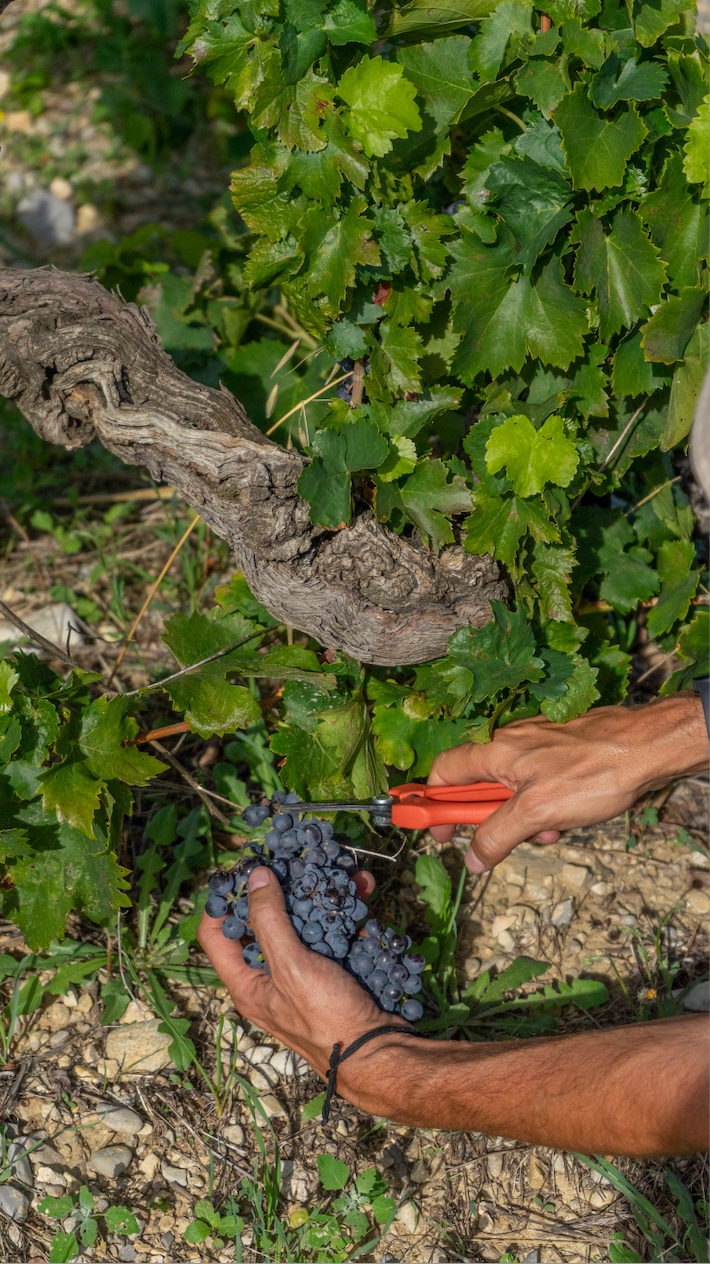Hey, organic wine lovers! Did you know that certain wetlands are factors of healthy vines and that they play on the environment? Be careful, not all of them are beneficial because they can also carry diseases. To find out more, you've come to the right place.
The wetland ecosystem
Wetlands are smaller or smaller areas that contain some degree of moisture or water. Their creation depends on the geolocation and the relief that surrounds it. For example, rainwater concentrated in the valleys can become streams, or even ponds and marshy areas. The development of wetlands is linked to the nature and composition of the soil. A soil that absorbs a lot of water is a soil that will never be a wet area, unlike an impermeable soil that maintains a water surface. This type of surface represents 3% of French territory.
How the ecosystem works and its action on biodiversity
To maintain wetlands in a vineyard, you have to let them live while watching them. Too much humidity can also promote disease development. It is therefore necessary to preserve them and intervene if necessary. Wetlands have a very important role in land maintenance: they absorb and recover water when there are floods, and release water in times of drought. The quality of the land for viticulture is therefore very good. The presence of aquatic vegetation makes it possible to filter the water, to purify it, and thus to preserve the water table. Pretty amazing, isn't it? And finally, wetlands are environments favorable to biodiversity , to the development of fauna and flora, and to the animals that come to soak their feet and drink there.
Wetlands are under threat
Climate change impacts the wetland ecosystem . The latter store carbon, which is a factor in climate change. Climate change disrupts temperatures, the seasons and dries out soils that normally retain water. In fact, wetlands are drying up and sometimes even disappearing. These areas are filled in, and disappear in favor of populations and housing constructions. Pollution from agriculture and industry degrades the quality of these small springs. In 2018 France would have lost ⅔ of its wetland areas due to global warming. To sustain wetlands, they must be preserved.
Important wetlands sparingly in the vineyards
Biodiversity is essential to the vine. Some insects are fond of humidity and help both to loosen the soil such as earthworms, to eat aphids such as ladybugs, to attract birds, deer and wildlife in general (they are essential ecosystems for the cycles life of certain animals and plants). Wetlands have a soil depolluting function. They can remove 20% to 60% of the metals present in the water, and remove 80% to 90% of the sediments contained in the flowing waters, nature is well done! Unesco explains that in some regions these areas are being put back in place to treat wastewater. Coincidence? No we don't believe ;-)




